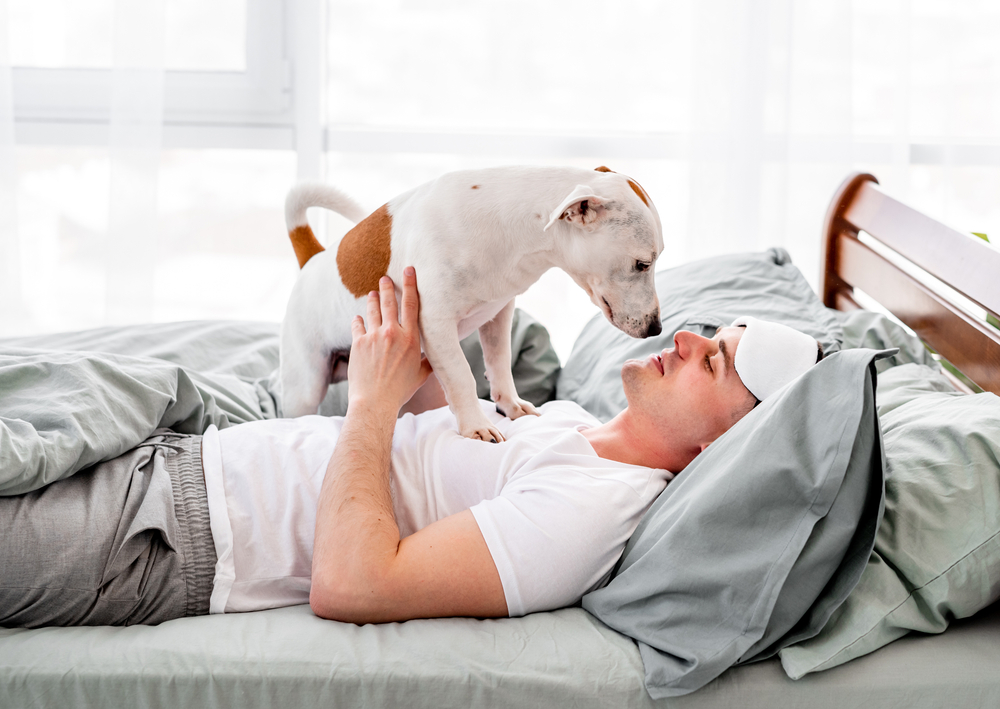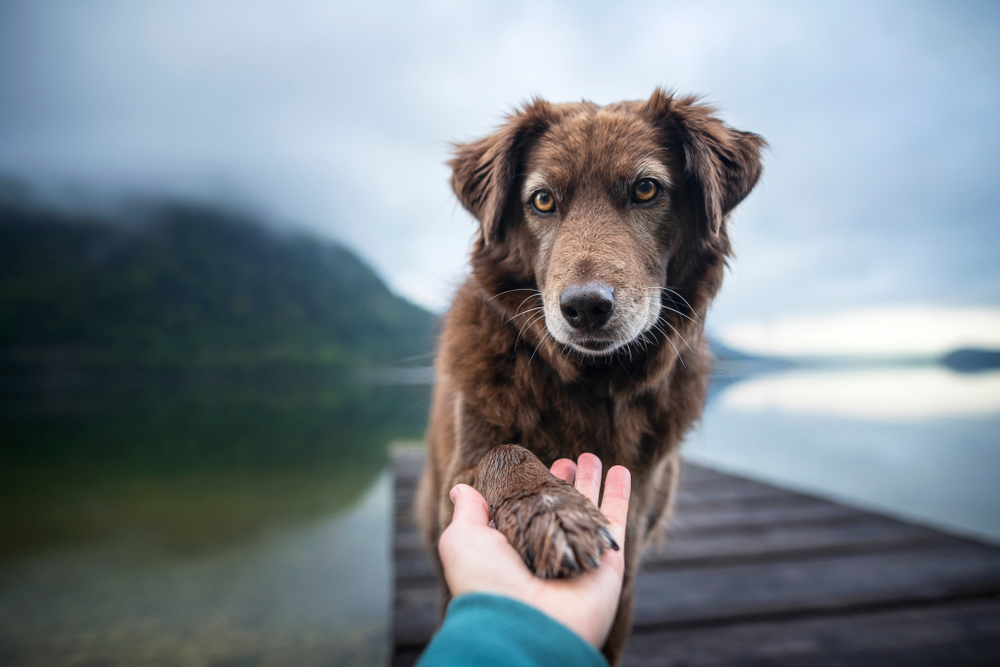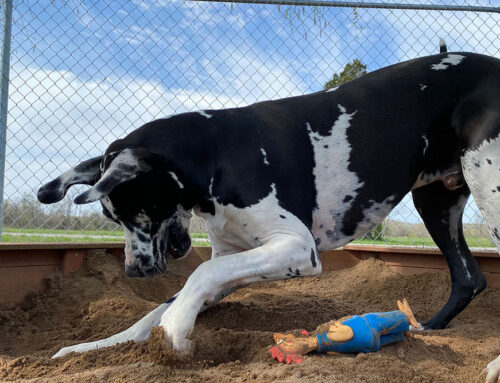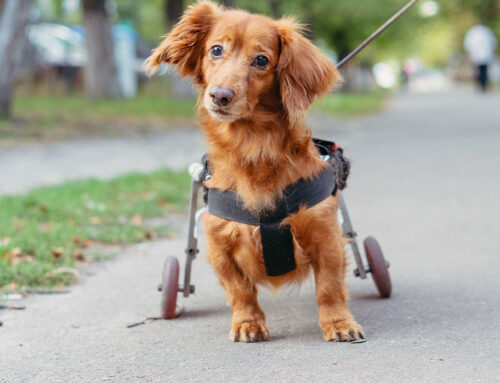Dogs are one of the most popular pets around the globe. As pet owners, we naturally want to learn as much as we can about this loveable species. As a dog lover, you may know the basics, but your furry friend likely has complex feelings and some unique physical characteristics that you do not know about. Read on for some interesting facts about your canine companion.
#1: Dog noses are wet for a reason
We’re all familiar with the quintessential, cold, wet dog nose. When you feel the nose touch your skin, that’s a comforting sign that your pooch is close by. But your dog’s scent-seeker is moist for a reason—to help them absorb chemicals in their environment, which they can then lick with their tongue to better understand the smell. This is a valuable tool that allows them to gain as much information about their surroundings as possible. In addition to the scent benefits, a moist nose helps dogs regulate their body temperature. Since they have few sweat glands, our canine friends have to dissipate excess heat in other, evaporative ways, such as from the nose or via panting. If your pet’s nose isn’t cool and moist, that could signal a problem—contact the Wales Animal Clinic veterinary team for guidance.
#2: Dogs have not two, but three eyelids
You read that right. While we have two eyelids—upper and lower—to protect our precious peepers, our dogs have an additional eyelid that sits in the corner of the eye closest to the nose. This eyelid (i.e., the nictitating membrane) serves as additional protection and lubrication for the eye. The membrane is usually hidden, but you may see the membrane elevate when other ocular or conjunctival diseases, such as “cherry eye” disease or conjunctivitis, are present. If you see your pooch’s third eyelid emerging, contact us for an evaluation.
#3: Dogs can detect your feelings—and possibly certain diseases
It comes as no surprise that our canine friends have an acute sense of smell. In fact, dogs smell approximately 100,000 times better than you or I. But, did you know that their noses can actually detect how we’re feeling—emotionally and physically? Apparently, dogs can pick up on the scent of our perspiration, and know that we are fearful. A 2018 study also found that “dogs respond to human faces that express six basic emotions— anger, fear, happiness, sadness, surprise, and disgust—with changes in their gaze and heart rate.” And, some dogs can be trained to detect cancer cells simply by smelling a person’s breath. With these amazing traits, no wonder dogs are man’s best friend.
#4: Dogs can get jealous, too
A 2011 study out of the University of San Diego (UCSD) found that dogs exhibited jealous behaviors such as snapping, pushing, or getting in between their owner and subject when their owners displayed affection toward other dogs versus inanimate objects. This suggests that jealousy or jealous-like feelings have a primordial form that exists in our canine and human friends alike. While envious behavior may be normal in some dogs, if you are having problems with family members, or at the dog park or elsewhere, your dog may need a behavioral work-up.
#5: Dogs have a keen sense of time

If you share your home with dogs, you have probably noticed that they hover around the food bowl at the same time each day, or wake you up when the clock strikes a certain hour. This is because dogs can gauge time. More than likely, they don’t understand the concept of time, but rather they gather information about what happens each day, including when the sun rises and sets, when you arrive home from work, or when you cook dinner. These series of events build up in a dog’s brain and tell them what to expect throughout the day, and the days that follow. Dogs may also understand lengths of time, as a study in the journal Applied Animal Behaviour Science found that dogs who were away from their owners for longer periods greeted their owners more enthusiastically than those separated for shorter periods.
At Wales Animal Clinic, we love dogs, and are dedicated to helping these fascinating creatures live the long, healthy lives they deserve. If you have questions about your canine companion’s behavior, or need to set up an appointment for wellness care, contact our veterinary team here.







Leave A Comment